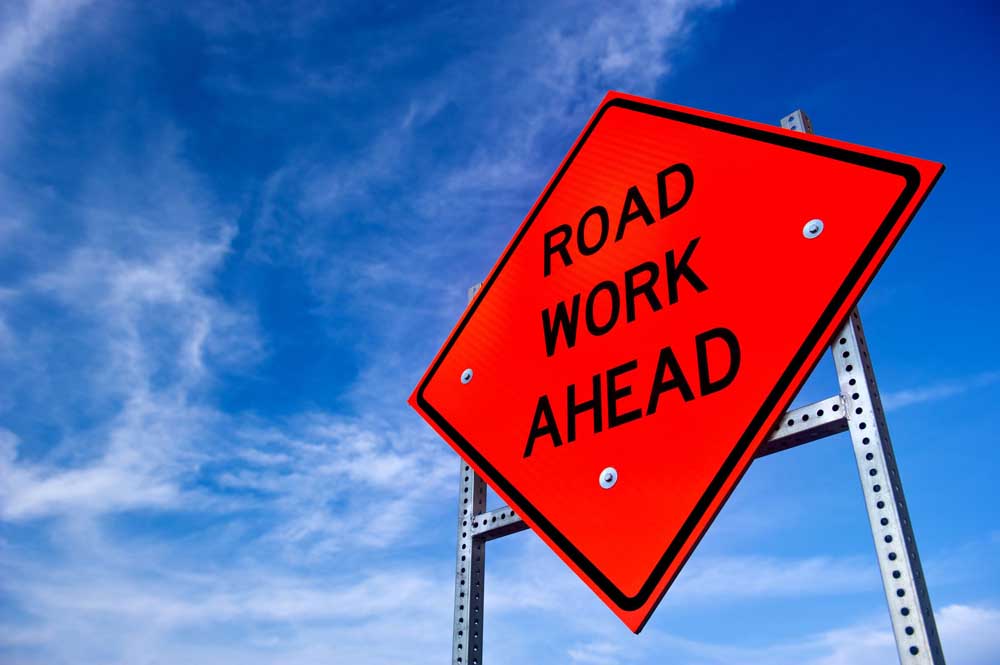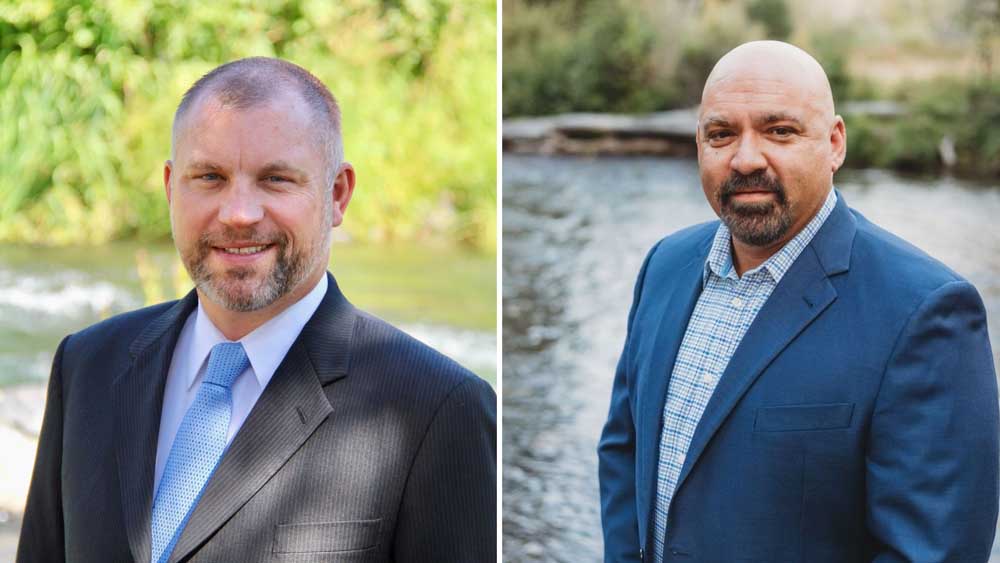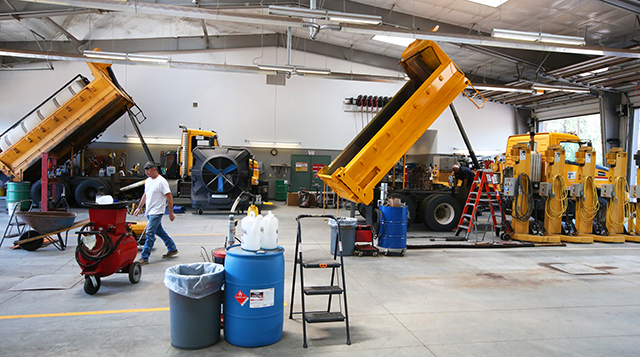State discovers errors in key study that determines cost share for trucks versus cars to maintain Oregon’s roads
Published 11:01 am Thursday, April 17, 2025

- Stock image
The state recently discovered significant errors in a key study that determines whether cars and trucks are paying their fair share for Oregon’s transportation needs.
That study is the “main instrument” for lawmakers to determine changes to the state’s gas tax, vehicle registration fees and other transportation-related taxes, according to the state’s economic analysis office.
State officials, who contracted with economic consulting firm ECONorthwest to conduct the study, have directed the firm to rapidly redo its analysis for this year and dig through previous reports dating back to 2019 to weed out more errors.
Trending
Oregon carries out a highway cost allocation study every two years to determine the fair share of transportation infrastructure costs to be paid by light vehicles, defined as those that weigh less than 10,000 pounds, versus heavy vehicles, like semi trucks. In recent years, the study has found that truckers have overpaid for their use of Oregon’s roads, while car owners have underpaid.
Lawmakers received this year’s version of the cost allocation study earlier this year. It found that heavy vehicles would be responsible for 27% of costs associated with state roads over the next two years but were projected to pay 36.5% of those costs in that time. In contrast, light vehicles were expected to be responsible for 73% of the costs but were projected to pay for 63.5% of the costs.
Using those results, Democratic lawmakers recently began crafting an ambitious transportation funding plan that would heavily raise taxes on drivers of cars and other light vehicles and increase taxes on truckers to a lower extent. Those tax increases, they said, would eventually equalize the playing field between truckers and car drivers.
But the recently uncovered errors could significantly alter that plan, officials say.
Earlier this week, a group of transportation experts and stakeholders that oversees the study learned that ECONorthwest included some projects in the analysis that should not have been taken into consideration, according to Oregon Department of Transportation spokesperson Kevin Glenn. The firm also miscalculated the results because it treated costs that will be paid over years, due to bonding, as if they would all be paid in a smaller time frame.
State economist Carl Riccadonna disclosed the errors to several key lawmakers in an email Wednesday morning. In the email, obtained by The Oregonian/OregonLive, he said ECONorthwest had recently discovered “some misclassifications of projects which impact the results of the current HCAS study” and was working with the Oregon Department of Transportation to find potential errors in the studies going back to 2019.
Riccadonna said the review will be finished by April 28 and pledged to share the updated cost allocation findings with lawmakers by April 30.
Trending
“The results of one study can cascade into future studies, so this time-consuming process needs to occur and be carried forward chronologically,” Riccadonna wrote.
Although the Oregon Department of Transportation supplies the data for the study, a spokesperson for the agency said the Department of Administrative Services and ECONorthwest are jointly responsible for screening the projects included in the study.
“ODOT does not direct the sorting of project data, in order to avoid inadvertently directing the outcomes of the study,” Glenn, spokesperson for the agency, said in an email. “It is our understanding that the consultant has not done the level of sorting for the last few … studies that had been done in previous years.”
Andrea Chiapella, spokesperson for the Department of Administrative Services, said officials still don’t know the scope or impact of the errors.
It’s too early to say what kind of an effect the updated study will have on the transportation funding package that lawmakers are hoping to finalize by late June.
Democratic lawmakers recently proposed nearly a dozen new or increased taxes to secure additional funding that they say is necessary to better maintain the state’s transportation infrastructure. Those include a new tax on tire sales, an increase to the state’s gas tax, increased car registration fees and a pay-per-mile fee for electric vehicles. Their framework also proposes increasing taxes on truckers by 16.9%.
But if the updated study determines that truckers have not overpaid to the extent as previously reported, lawmakers could possibly propose higher taxes on truckers while cutting some of the taxes for car owners. They have repeatedly said this year a chief aim is to balance the cost burden between truck drivers and car owners.
The two Democrats leading the legislative transportation committee, Sen. Chris Gorsek of Gresham and Rep. Susan McLain of Forest Grove, did not immediately respond to requests for comment.








